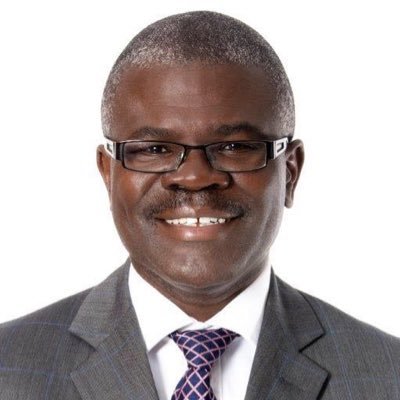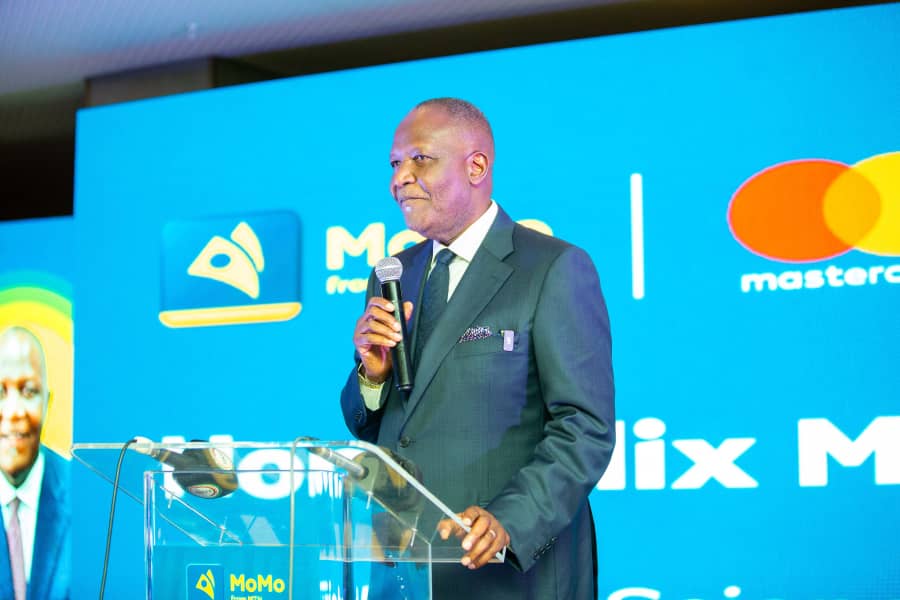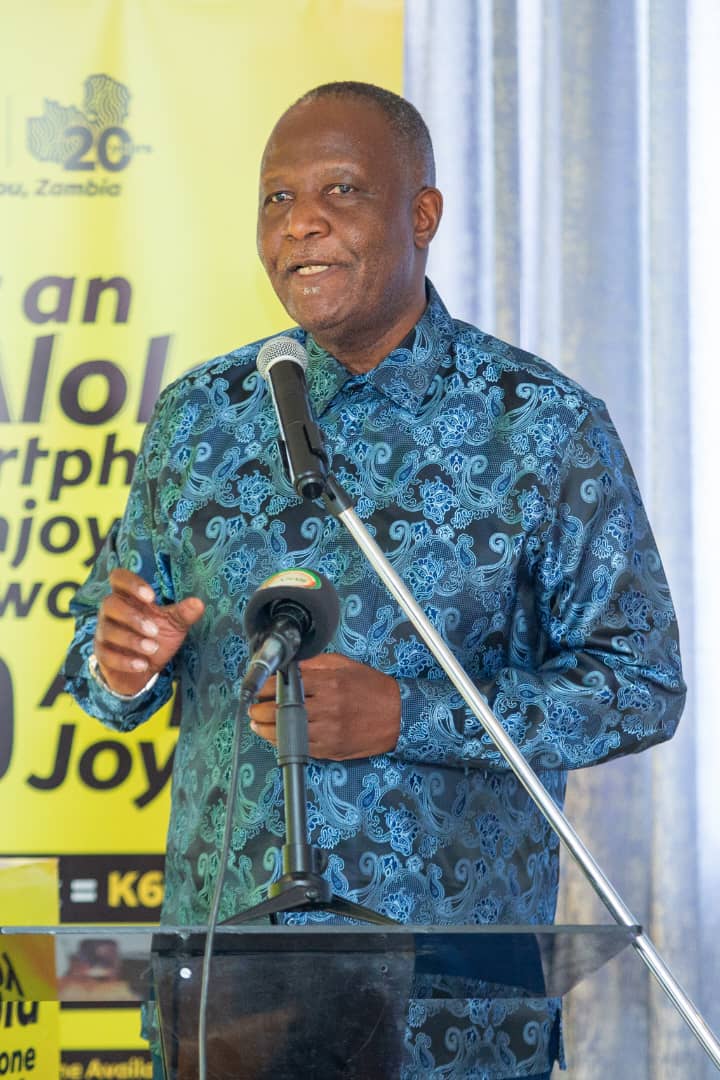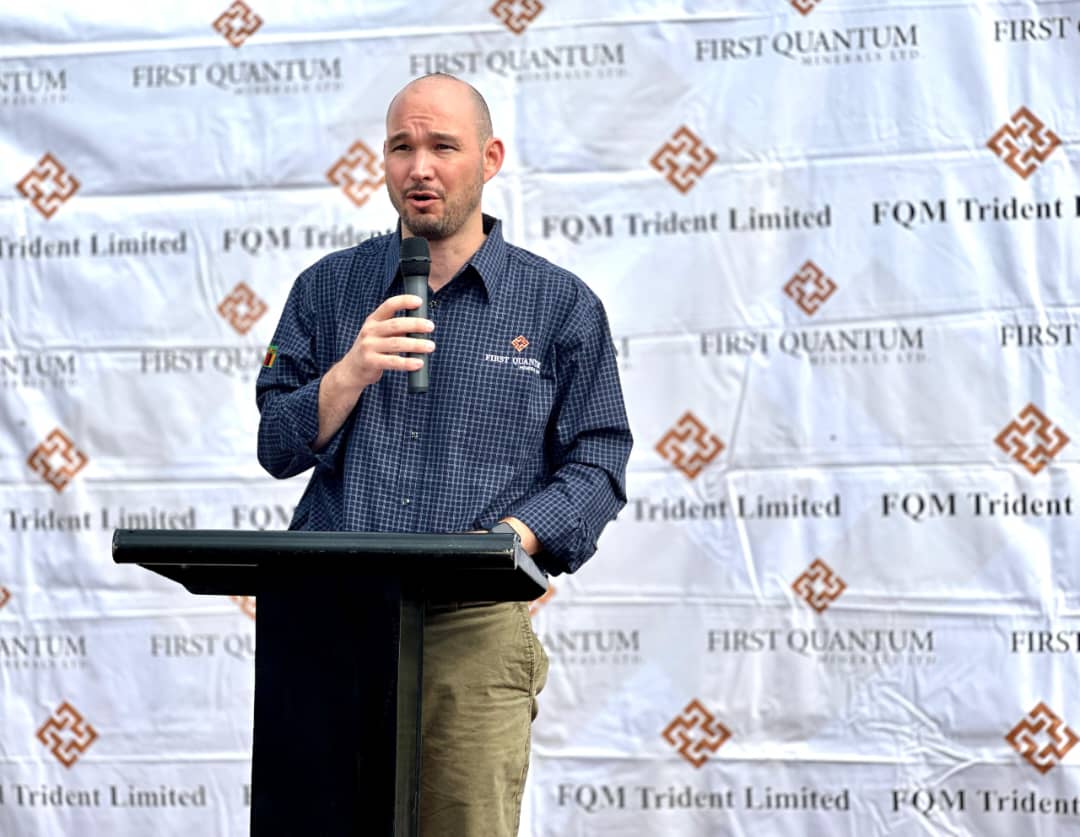By MARTIN MUSUNKA Jnr
The National Health Insurance Management Authority (NHIMA) and Atlas Mara Bank are partnering to bring accessible healthcare closer to all people.
NHIMA Director-General James Kapesa and Atlas Mara CEO James Koni have announced an agreement that brings together NHIMA’s national outreach and Atlas Mara’s digital capacities for the benefit of millions of Zambians.
NHIMA’s role is to make sure that every kwacha collected is well spent while the bank provides the necessary technology to facilitate the collection of funds from members in the most convenient way at the lowest cost.
The advancement in the Atlas Mara system now allows the 1.15 million principal members of the scheme to check their registry status, register dependents and make their payments from anywhere in the country. The 11,794 employers so far registered with NHIMA can register employees, make contributions, file returns, add and remove users and members remotely.
At a joint press briefing held at Taj Pamodzi Hotel in Lusaka on September 27, Kapesa said, “We are working relentlessly so that 100 per cent of the 18 million Zambians receive quality healthcare.”
Koni said, “We are able to play this role for NHIMA because of the massive investments we have made into our world class technology. We welcome this opportunity because it enables us to touch the lives of ordinary people, which is something you won’t always hear from bankers.”
INSURE
NHIMA was formed in accordance with the National Health Insurance Act. 2018 to insure citizens in an arrangement where wealthier contributors subsidize the cost of health services for the less-privileged.
At the inception of NHIMA only 4 per cent of the entire population of Zambia had access to good healthcare service.
A key function of the partnership between NHIMA and Atlas Mara bank is to enhance health care provision by enhancing institutional coordination and management of patients’ contributions and facilitation of medical treatment by the use of digital capabilities availed through the bank’s technology. The system rides on a range of accredited health provider institutions.
Koni has implored Atlas Mara staff and customers to use the digital platform because of the improvement that it brought to society. Koni also mentioned that apart from having access to the digital service they could also access the facilities from any Atlas Mara Bank location.
In addition to the digital enhancement, this mutually beneficial partnership allows NHIMA access to Atlas Mara’s various platforms realize liquidity to the Fund. This empowers the Fund to effortlessly provide for the needs of all contributors at any given moment.
DOUBTS
There have been some doubts and speculations about this scheme among potential end-users owing to the lack of knowledge of how the structure operates. Most complaints have been about the lack of medication in hospitals.
NHIMA does not procure any medication directly but deals with the reimbursement of claims from both private and public practices. As of August 2021 there has been a total of 30,000 claims that have caused a payout of over K10 million to the 193 accredited healthcare providers.
Some end-users that understand the scheme and followed the process correctly have benefitted from the services.
Eneless Sakala, a Lusaka resident, said “I got my glasses using NHIMA services from Medicare opticians at Manda Hill. To my surprise, they got ready in just two days. I also got to choose from a wide variety of frames. I am really happy with the services…”
Robert Daka, another Lusaka resident, said, “Yesterday, I underwent a procedure that came to a total of K1,100 minus medicines. All I had to do was sign a bill and this was at a posh clinic I was comfortable with.”
Daka has invited all citizens to register and enjoy good health care free from the usual financial burden.
He was most grateful for the accreditation of private health providers and pharmacies because of the excellent services that he has experienced.
The national insurance act (that NHIMA was birthed from) pledged to quarterly provide the seven major performance indicators in accordance with their ‘open door policy’ which supports the new regime’s promise to be transparent while they pursue economic restoration.









Leave a Reply